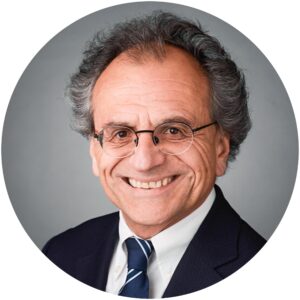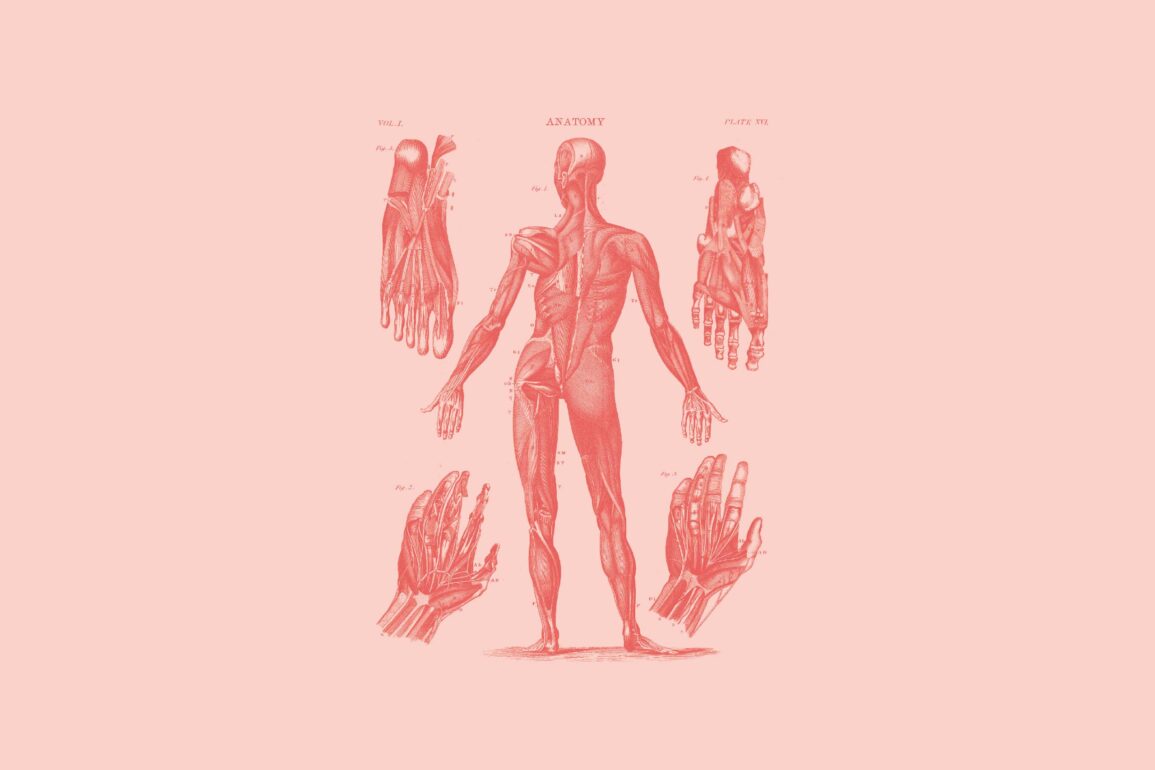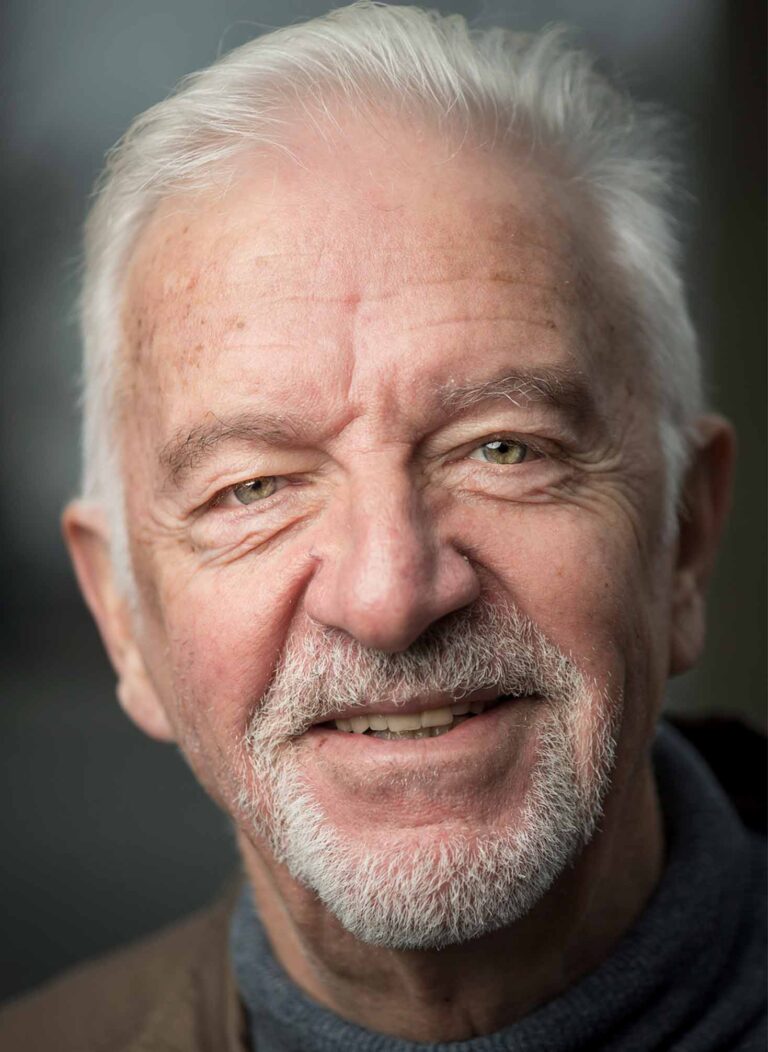Jacques Rognon is founder of the Schweizerische Stiftung für die Erforschung der Muskelkrankheiten (Swiss Foundation for Research into Muscular Diseases, FSRMM), and has contributed a great deal to the successful establishment of the foundation.
Myopathy. Monique and Jacques Rognon had never heard of this condition. ‘In 1982, we found out that our sons, aged six and eight, were suffering from this rare muscular disease,’ explains Jacques Rognon. The family was hit hard by the news, but they were not discouraged. On the contrary. They contacted Professor Bernard Fulpius in the Department of Biochemistry at the University of Geneva. He encouraged them to set up a foundation with the aim of supporting research into muscular diseases.
Network instead of assets
Rognon had no assets with which to support a foundation, but he had a degree in physics and, thanks to his professional background, a strong network to fall back on. With the aim of positioning the foundation on a national level and creating a link between research and the specific needs of sufferers, Rognon (supported by his wife and a few friends) set up the Schweizerische Stiftung für die Erforschung der Muskelkrankheiten (FSRMM) in 1985, working in conjunction with Association Suisse Romande contre la Myopathie (ASRM, now ASRIMM) and Schweizerische Gesellschaft für Muskelkrankheiten (SGMK). Both organisations are committed to supporting sufferers’ unique needs. The new foundation wrote to the 300 largest companies in Switzerland to raise capital for its first funding round. ‘We received a positive response only from companies where there was a personal link to the foundation,’ explains Rognon. ‘And that’s how we were able to support our first young researchers.’ From 1988, the foundation was able to expand the basis of its funding, with the first telethon in French-speaking Switzerland organised by ASRIMM and FSRMM. Since then, numerous volunteers, associations and local fire brigades have held various campaigns, always on the first weekend in December, to support people suffering from muscular disease. Half of the money collected goes to research and half goes to the support of sufferers.
«It’s not easy to find a trial group that’s big enough for clinical trials»
Jacques Rognon
Large number of rare diseases
To date, FSRMM has supported 181 research projects with funding amounting to about CHF 28 million. The research projects are chosen carefully by the scientific advisory board by means of peer reviews in a comprehensive process. This private support is essential. About 6,000–8,000 rare diseases are now known, with 500,000 sufferers in Switzerland. But the pharma industry is scarcely interested in research, since each disease affects only a small number of sufferers. As a result, if the foundation did not exist, almost no one would offer support for research into rare muscular diseases. The Federal Office of Public Health (FOPH) has recognised this issue, launching the National Coordination for Rare Diseases (kosek) in 2014. ‘One of its activities is the creation of a national register since it’s not easy to find a trial group that’s big enough for clinical trials,’ says Rognon. However, financing and implementation of the measures have been delayed. ‘And the FOPH has had other things to do, given the pandemic,’ says Rognon. He was president of FSRMM’s Board of Trustees for more than 30 years, during which time his younger son died from leukaemia at the age of 13. His elder son is now the foundation’s secretary. In 2018, it was time for Rognon to give up his position as president, at the age of 80, but he remains associated with the foundation as honorary president.
Alain Pfulg, a Bern-based lawyer, became the new president. He also knows about the disease because it has affected someone in his family, and says: ‘I’m aware of how important it is to research these diseases, so I was more than happy to take on this role.’

A million Swiss francs
FSRMM has become a major player in terms of muscular diseases, supporting six to seven research projects a year and giving out about CHF 1 million as part of this. ‘Every project is a stone in our mosaic that, in turn, lays the foundations for another research project,’ says Pfulg. However, as time has gone on, the first medications have been developed in collaboration with other international institutions. FSRMM is a member of the European Neuro-Muscular Center (ENMC). It also organises a symposium of Swiss muscle researchers every other year and supports Netzwerk Myosuisse. Raising funds remains a tricky task. Today, about half its income comes from donations from foundations and private individuals, with the other half coming from the telethon. However, due to the pandemic this fundraiser could not be held in its usual form last year. ‘And who knows what will be possible this year,’ says Pfulg. Nevertheless, the shortfall in 2020 was cushioned by generous donations from individual foundations.



